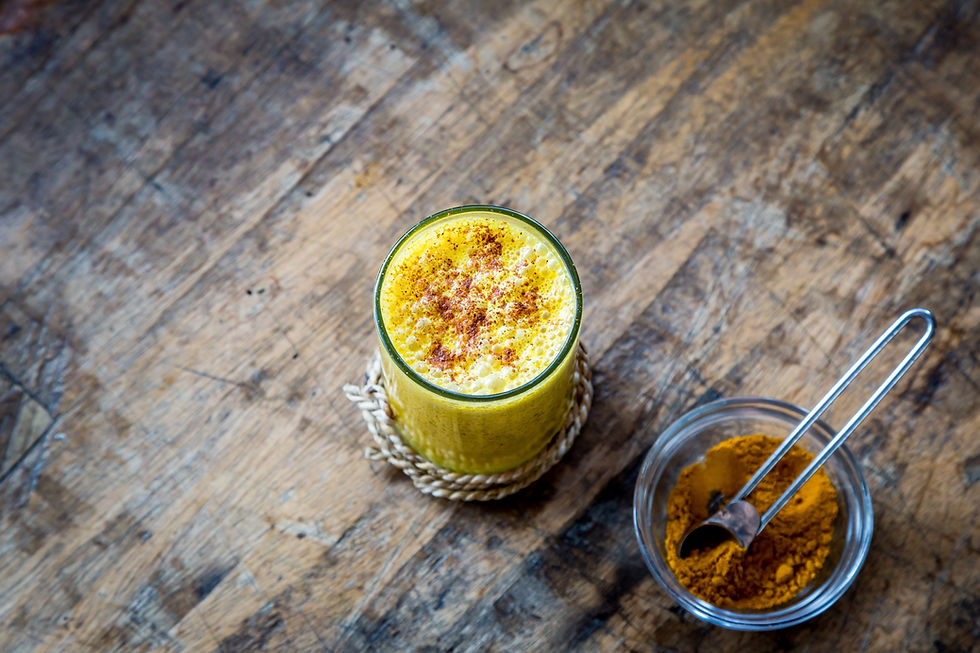It’s crucial to consult an expert ENT doctor for a proper diagnosis and treatment to get rid of a sinus infection. They will determine whether antibiotics are enough or if surgery is required.
While home remedies offer symptom relief, they do not guarantee the complete elimination of the infection.

In some cases, we might have a fungal sinus infection. This may require further investigation and different treatment approaches.
Trusting the experts’ guidance is vital for effective sinusitis treatment. Let’s explore the options for sinus treatment together.
Antibiotics
In most cases, antibiotics can effectively get rid of sinusitis. The specific type and duration of antibiotics prescribed depend on the stage of sinusitis.
For acute sinusitis, antibiotics targeting gram-positive bacteria are typically prescribed. The medication course will last at least ten days or continue for five days after the symptoms have disappeared.
Subacute sinusitis requires a minimum of 15 days of antibiotic treatment.
Chronic sinusitis may require a longer duration of treatment, ranging from 2 weeks to 6 months, with antibiotics that target gram-negative bacteria.
Treatment for acute on chronic sinusitis can be more complex and will be based on the individual diagnosis.
For more detailed information, please refer to our article “Treatment for Sinusitis - Acute, Chronic & Subacute Stages.”
Surgery
Sinus surgery is considered in cases where the sinus infection does not respond to antibiotics, is severe, or when there are complications, including fungal sinusitis. The decision for sinus surgery is often based on the CT scan report and the presence of symptoms.
When sinus surgery is performed using the best available technologies, it has the potential to eliminate the sinus infection for a lifetime in 99.9% of cases. However, it is essential to note that the success of sinus surgery relies not only on removing the infection but also on addressing any underlying anatomical anomalies that contribute to or can potentially cause sinusitis. By addressing these anomalies, the chances of effectively treating sinusitis increase significantly.
Please click here to learn more about the technologies and techniques used in sinus surgery.
Anti-Allergic medication
Allergies are a common underlying factor that can trigger sinusitis. To learn more about other potential causes of sinusitis, we recommend reading our article titled “What Causes Sinusitis Infection?”
Controlling allergies is crucial for patients, as they can still trigger sinusitis even after a successful sinus surgery. Fortunately, allergy medications are generally considered safer than medications that may be required to manage complications resulting from allergies and sinus infections. It is crucial to work with healthcare professionals to effectively manage and control allergies to minimize the risk of sinusitis.
Home Remedies for Sinus Infection
If you’re dealing with a sinus infection, trying out some home remedies in the early stages (within the first 15 days) might provide relief and help eliminate the infection.
While these remedies can effectively boost our body’s defense against the infection at any stage, it’s important to note that they are not guaranteed to provide complete relief.
The effectiveness of these remedies depends on factors such as individual immunity and the severity of the infection. But, they will definitely slow down the disease’s progress and help avoid complications.
Here are five remedies that can assist you in combating the illness.
Exercises
Regarding sinusitis, exercises should be shorter, around 10 minutes, unlike weight loss or other types of training. The goal is to increase your heart rate by ten bpm. By engaging in exercise, adrenaline is produced, which can help reduce swelling in your sinuses. This reduction in swelling allows stagnant fluids to flow out of the sinuses. Repeating these exercises three times a day is recommended to facilitate the drainage of stagnant fluids from the sinuses.
Steam inhalation
For sinusitis relief, try steam inhalation for 5 minutes, 3 times daily. Breathe in the steam without covering with a blanket or exceeding the time limit. No need for medication in the water. Steam helps thin mucus and promote drainage. Avoid overheating the airways to prevent damage.
Using Spices to Boost Immunity
Boost your immunity with the power of spices like turmeric and black pepper in your daily cuisine. Turmeric, renowned in Ayurveda and backed by scientific studies, enhances immunity. Add a pinch of black pepper to enhance nutrient absorption. Remember, moderation is critical to avoiding gastric issues. Many commercial immunity boosters contain turmeric and black pepper (piperine).
Hydration
Staying adequately hydrated is crucial for maintaining thin secreted fluids in the sinuses.
However, it’s important to note that excessive long-term water consumption can lead to heart failure, especially as age increases or in individuals with mild kidney issues. It’s essential to strike a balance and avoid excessive water intake.
To know how much water you should drink, check out the below link.
Sleep
Both excessive and inadequate sleep can harm immunity. Getting the proper sleep is crucial for maintaining a robust immune system. Finding a balance and ensuring an adequate and consistent sleep schedule is vital to support optimal immune function.
To know more about home remedies, you can check out our article.
FAQs
How do you get rid of acute sinusitis?
To effectively treat acute sinusitis, a combination of doctor-prescribed antibiotics and home remedies is recommended. While acute sinusitis often resolves on its own, outcomes can be unpredictable due to various factors. Timely antibiotic treatment can prevent the condition from progressing to more severe stages, which may require longer treatment or even surgery. Early intervention ensures that the medication required is minimal.
Additionally, it's important to identify the underlying causes of sinusitis, such as anatomical anomalies, allergies, or low immunity. Managing allergies and strengthening your immune system can prevent recurrences, enhancing your overall health and quality of life.
Comments